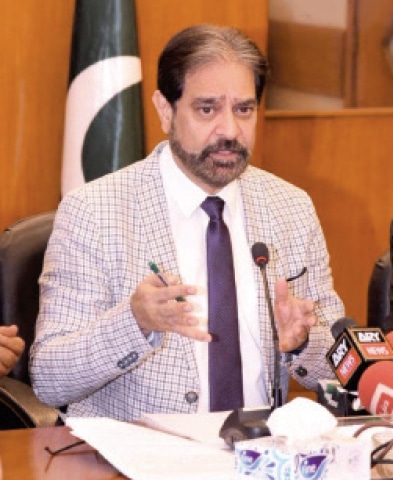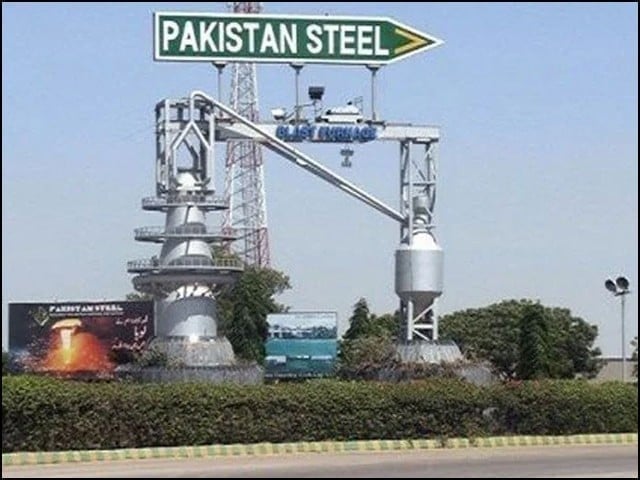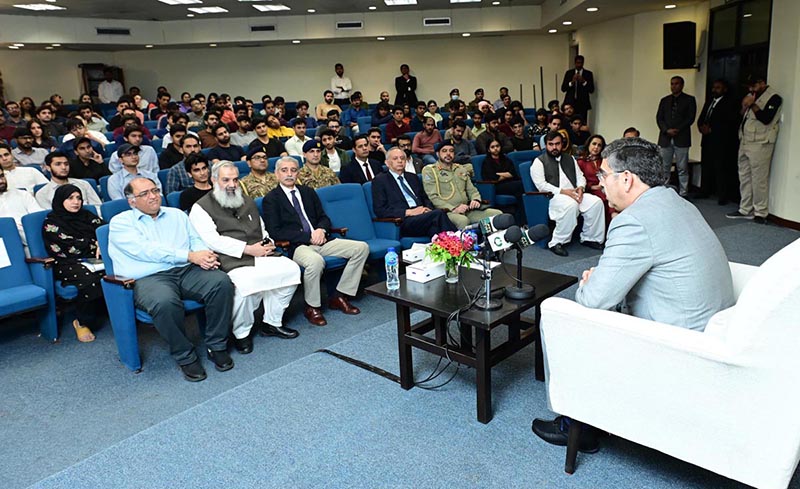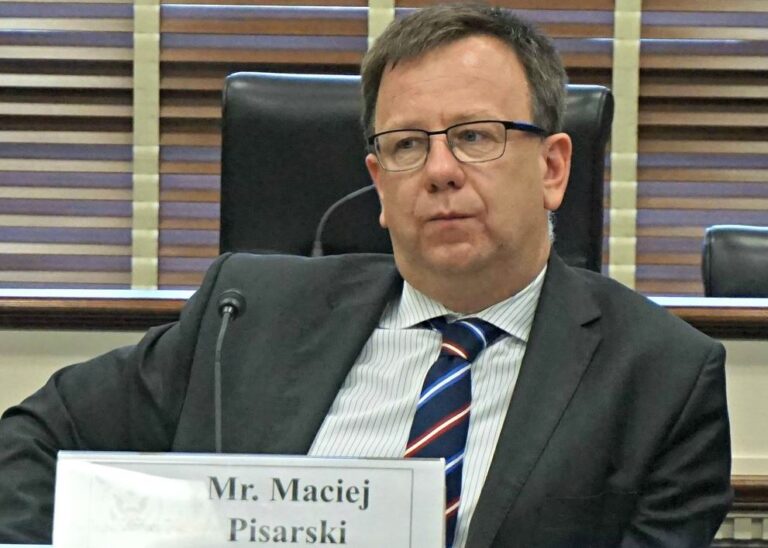In a significant development, Irfan Iqbal Sheikh, President of the Federation of Pakistan Chambers of Commerce and Industry (FPCCI), is urging the federal government to announce a noteworthy reduction of 18–20 rupees per litre in petroleum prices. This call comes in response to the declining trend in international oil prices, despite the ongoing conflicts and supply cuts declared by major oil-producing nations such as Saudi Arabia and Russia until December 2023.

Sheikh projects that these production cuts by major oil producers are likely to extend beyond December 2023, given the current global scenario. International oil prices have dropped to $81.30 per barrel, falling below the 50-day moving average of $85.70. This decline indicates a bearish outlook on global oil demand, supported by recent statistics revealing decreased demand from both the United States and China, coupled with an increase in US reserves by 11.9 million barrels.
Highlighting the broader economic implications, Irfan Iqbal Sheikh asserts that the global economy is on a downward trajectory, with conflicts such as those between Russia & Ukraine and Israel – Palestine being significant contributors to this challenging economic environment.
Sheikh emphasizes that, in the short term, adjusting petroleum prices remains the government’s most viable option to alleviate inflationary pressures, especially in light of the ongoing International Monetary Fund (IMF) and Stand-By Arrangement (SBA) review. With the IMF likely to permit a downward revision of the State Bank of Pakistan’s key policy rate, FPCCI advocates for a reduction from the current 22 percent to 20 percent, citing the recorded core inflation of 18.50 percent for November 2023. Sheikh emphasizes that the policy rate should be based on core inflation rather than the prices of food and petroleum.
Proposing a proactive approach, Irfan Iqbal Sheikh suggests the establishment of an essential commodities price oversight mechanism. This mechanism, developed in consultation with the private sector, aims to efficiently manage prices of key commodities that are experiencing a persistent downward trend globally. The objective is to tackle inflation conscientiously, recognizing its potential devastating impact on the socio-economic fabric of the country.
Muhammad Suleman Chawla, Senior Vice President of FPCCI, underscores the urgency for relief in the cost of production index for exporters. He emphasizes that Pakistan’s competitiveness has suffered due to successive increases in electricity, gas, and petroleum prices over the past year. Chawla contends that the government can provide a timely reprieve to the business community without compromising fiscal targets, offering a much-needed breather amid challenging economic conditions.




